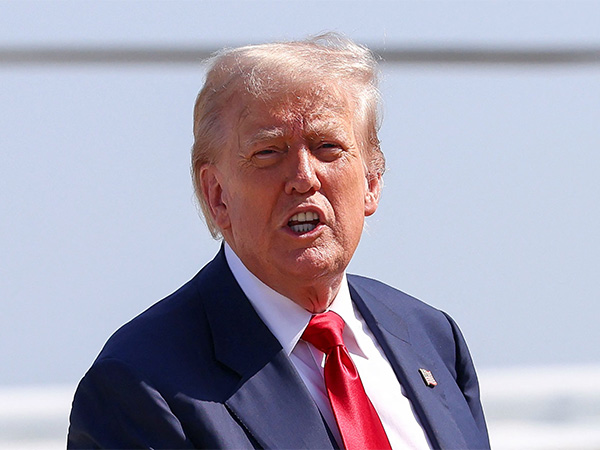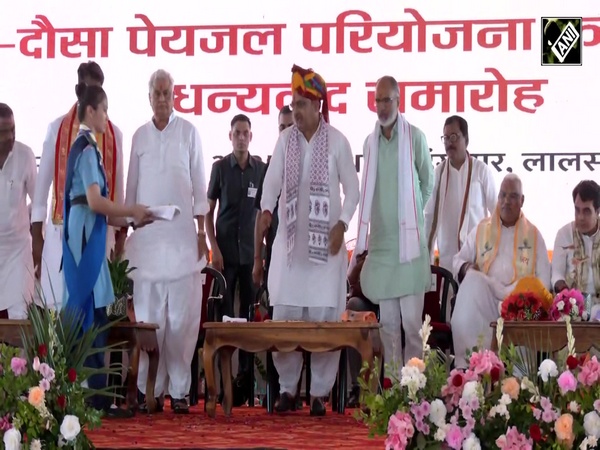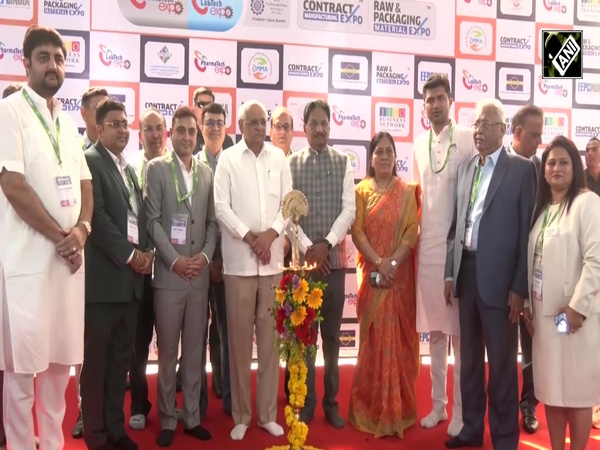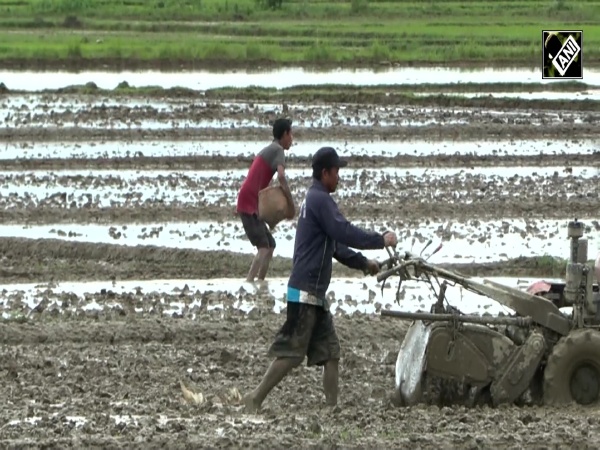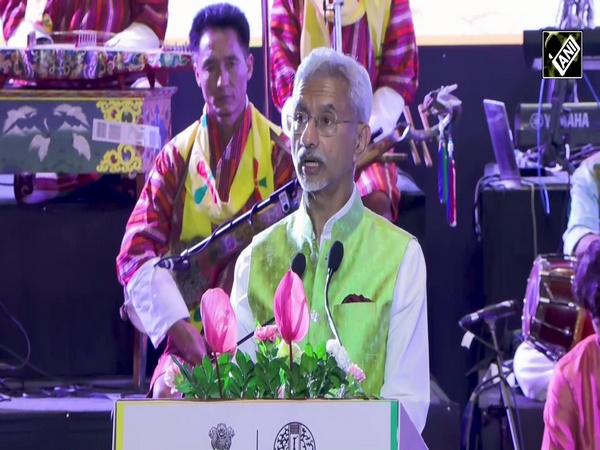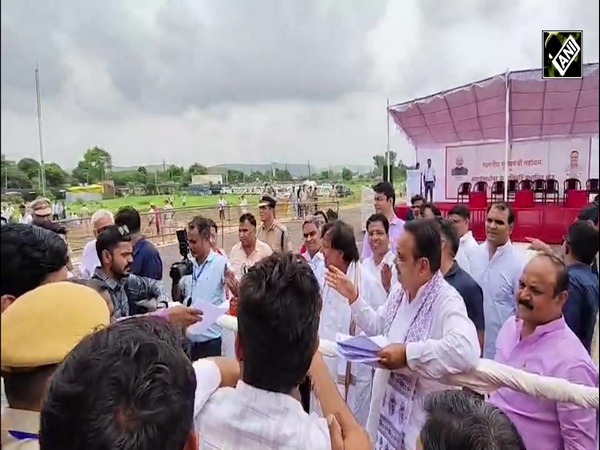Discoms to be allowed to pay dues in upto 48 monthly instalments
May 25, 2022

New Delhi [India], May 25 : The Union Ministry of Power on Wednesday said it is working on a scheme to mitigate the financial woes of the Distribution Companies (Discoms) that are unable to pay their dues.
The scheme includes allowing Discoms to pay dues in upto 48 monthly instalments. Discoms owe Rs 1,00,018 crore as on 18th May 2022 to the power generating companies.
Delay of payments by a Discom to a generating company adversely affects the cash flow of a generating company, which needs to make provisions for input supplies as coal, and for keeping adequate working capital for day-to-day operation of the power plant.
As per data available on PRAAPTI portal, as on 18th May 2022, the Discoms over dues (excluding disputed amounts and Late Payment Surcharge (LPSC)) were Rs. 1,00,018 Cr and the LPSC dues were Rs 6,839 crore.
The proposed scheme enables payment of financial dues in easy instalments by the Discoms. A one-time relaxation is being considered to be given to all the Discoms wherein the amount outstanding (includes principal and LPSC) on the date of notification of the scheme will be frozen without further imposition of LPSC, the Ministry of Power said in a statement.
The Discoms will be given flexibility to pay the outstanding amount in upto 48 instalments. The liquidation of outstanding dues in deferred manner without imposition of LPSC will give Discoms time to shore up their finances.
At the same time, the generating company will benefit from assured monthly payments which otherwise were not forthcoming to them. However, in case of delay in payment of an instalment by a Discom, the Late Payment Surcharge shall be payable on the entire outstanding dues which otherwise was exempted, the ministry said.
As a result of the proposed scheme, the Discoms will save an amount of Rs 19,833 crore on LPSC in the next 12 to 48 months. States like Tamil Nadu and Maharashtra who have large outstanding dues will save over Rs 4,500 crore each as a result of this measure.
Uttar Pradesh will save around Rs 2,500 crore while States like Andhra Pradesh, Jammu & Kashmir, Rajasthan and Telangana will save in the range of Rs 1,100 crore to Rs 1,700 crore.


